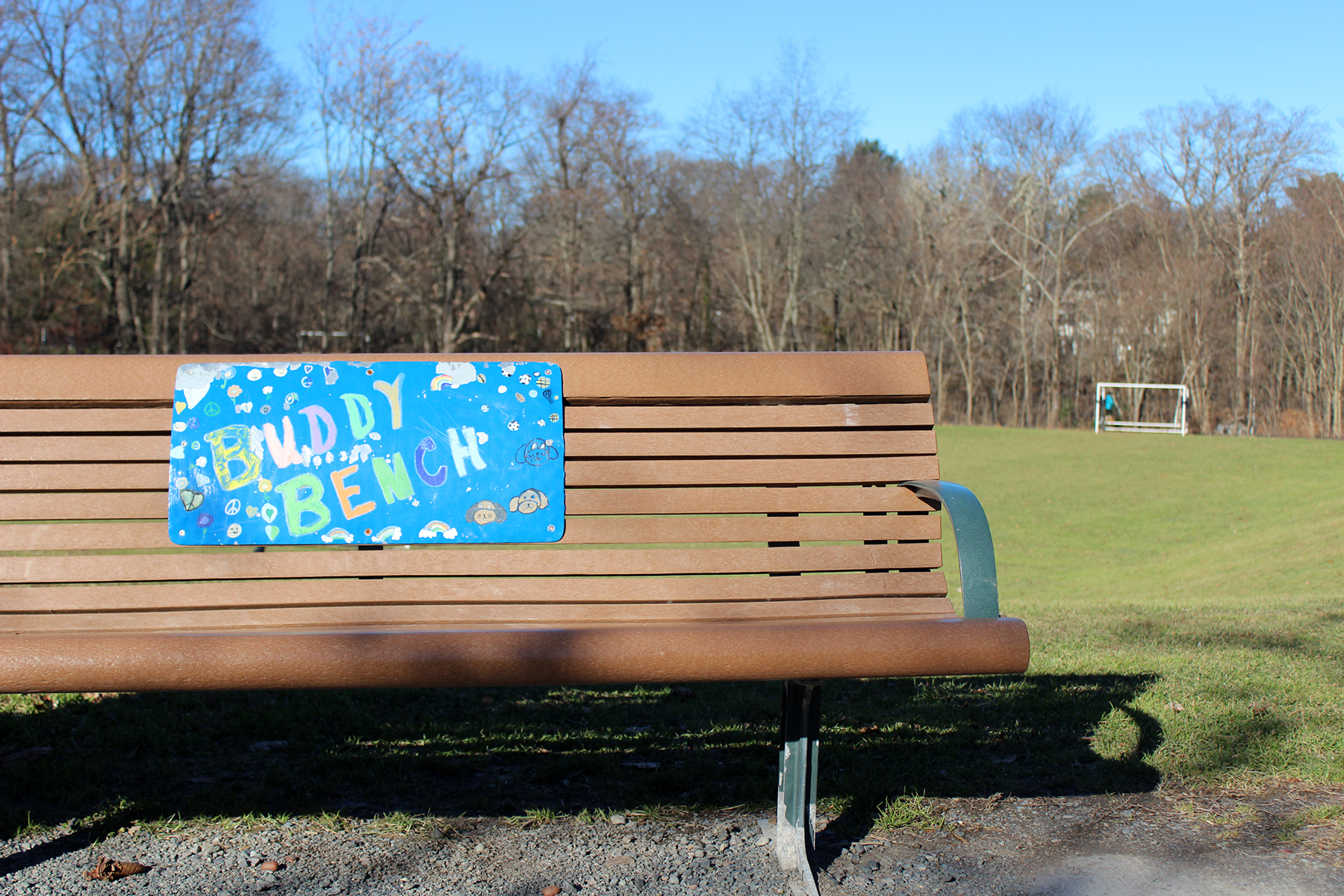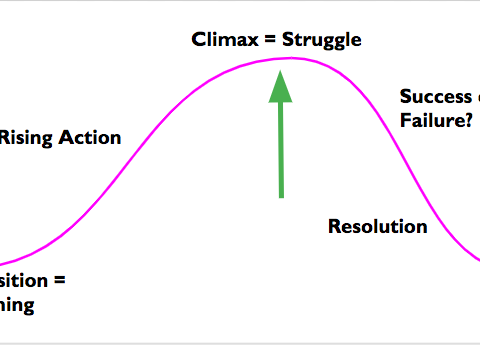What one new parent has learned about Park’s care for our children.
Among the many things parents pay close attention to as their child embarks on a new school adventure is the general “how’s it going?” question. We know our kids are going to have a hard time learning in school if/when they’re feeling troubled emotionally. So, as a parent of a new seventh grader this fall – and as a former college chaplain – I’ve been paying close attention to how The Park School ensures the social and emotional well-being of every child. I’ve been favorably impressed.
Having heard about Dr. Olivia Moorehead-Slaughter before we arrived, and then hearing her address Upper Division students at Morning Meeting this fall, I was delighted to speak with her for this article and learn more about her approach to her role. She carefully defines herself as a psychologist who loves schools – not as a school psychologist. She describes how she finds myriad ways to connect with the kids by meeting them where they are: visiting PreK – Grade VIII classrooms throughout the school; being available to students in many of her part-time hours; making savvy use of her office placement in the middle of the Upper Division hallway. In October, when our extended family suffered a sudden and tragic death, it was comforting for us as parents to know that not only our child’s wonderful advisor, but also “Dr. O” (as she likes to be called), were as close as a quick email correspondence, keeping an eye out for any unforeseen struggles that might come up at school.
I’ve heard many mentions of a Lower Division institution, the “Buddy Bench” at the playground – where younger kids can come during recess if they’re looking for a way to connect with other kids. An experienced parent-educator at Park describes how the Buddy Bench provides an opportunity for children to practice both receiving and giving empathy: taking care of themselves and taking care of each other. And, like Dr. O’s role, these things are happening not by accident but because school leadership knows, cares, and understands how important each child’s social-emotional well-being truly is.
My positive impressions were fully confirmed in November when, in culminating what must have been weeks of care-filled processing and “behind-the-scenes” work, Scott Young addressed an Upper Division Morning Meeting following his all-school letter regarding the incident of hate speech. Scott’s message to the Upper Division echoed in my thoughts: It’s easy in moments such as these to look at the other person and say that could never happen here. Instead, he encouraged us to “ look inward at the ‘I’ – and consider how we can be truly confident that this will not happen here in our community – not only because it goes against our values as a school, but also because we are each daily doing the inner work we all need to practice.”
As a former college chaplain, I was deeply gratified to hear my daughter’s head of school gently but firmly hold each student – and the whole community – accountable for our own thoughts, feelings, and actions. As a parent of an emerging-adolescent child, it is comforting to experience how Park is a place where moral courage is taught not just as pedagogy, but communicated in the most powerful ways I can imagine. In daily practices like the Buddy Bench, in peer-to-peer relationships, and by the unmistakable examples set by school leaders, the School is girded with upper-altitude, care-filled work, which in turn helps guide Park students in learning how to be wise and effective leaders themselves.
And for that, we parents can feel deeply grateful.








